
AeroGenie — 您的智能副驾驶。
热门趋势
Categories
Air India 787 Pilots Abort Takeoff at Heathrow
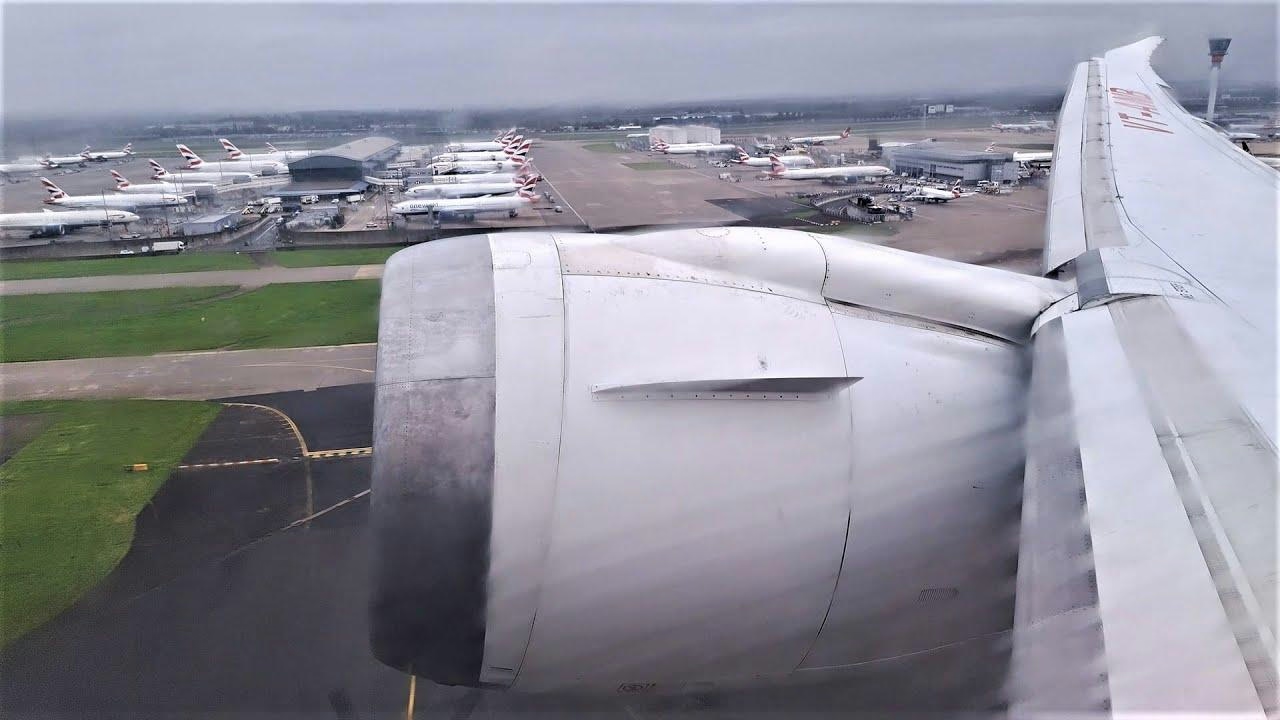
Air India 787 Pilots Abort Takeoff at Heathrow Following Passenger Boarding Error
Incident Overview and Immediate Response
On September 21, 2025, Air India Flight AI162, operated by a Boeing 787-9 and scheduled to fly from London Heathrow to Delhi, was compelled to abort its takeoff after a passenger, recorded as present in the boarding system, failed to board the aircraft. The flight, which had already experienced a 45-minute delay due to earlier ground complications, was taxiing toward the runway when the crew identified the discrepancy during a routine manifest verification. Although the passenger had scanned their boarding pass at the gate, they inadvertently exited toward the arrivals area instead of proceeding onto the plane. Airport security swiftly located and detained the individual for questioning, confirming that no broader security threat was present.
In accordance with International Civil Aviation Organization (ICAO) protocols, the flight crew returned to the gate to offload the passenger’s checked luggage, a necessary precaution to mitigate risks associated with unaccompanied baggage. This procedure resulted in additional delays, extending the total postponement to approximately 90 minutes. The aircraft eventually departed with an estimated 200 passengers onboard, though exact numbers were not officially confirmed.
Operational and Industry Implications
Air India issued a formal statement expressing regret for the inconvenience caused and praised the flight crew for their strict adherence to established safety procedures. The airline highlighted that its personnel undergo rigorous training to manage such situations and noted ongoing efforts across its fleet to reduce boarding errors. The incident also brought attention to the limitations of current boarding technologies, including biometric gates, which continue to depend heavily on human oversight to prevent lapses.
This event occurs amid heightened scrutiny of pilot fatigue, as the rapid growth of India’s travel market places increasing pressure on flight crews and operational schedules. Industry analysts have observed that such strains can elevate the risk of procedural oversights, prompting renewed calls for enhanced cockpit monitoring and fatigue management systems. The episode has also sparked increased interest in the safety protocols surrounding the Boeing 787, with competing airlines emphasizing their own operational standards and safety measures in response.
Just eleven days prior, Air India encountered another operational challenge when Flight AI2380 from Delhi to Singapore was delayed by nearly six hours due to a cabin cooling and electrical fault. Passengers endured prolonged discomfort before being deplaned, underscoring the complex difficulties airlines face in maintaining both reliability and safety.
Broader Context at Heathrow and Industry Response
Heathrow Airport, which handles over 80 million passengers annually, continues to grapple with operational complexities as international travel rebounds. Incidents such as this highlight the critical need for ongoing investment in advanced technology and comprehensive staff training. Air India’s handling of the situation reflects a wider industry imperative to balance operational efficiency with uncompromising safety standards amid intensifying demands on global aviation networks.
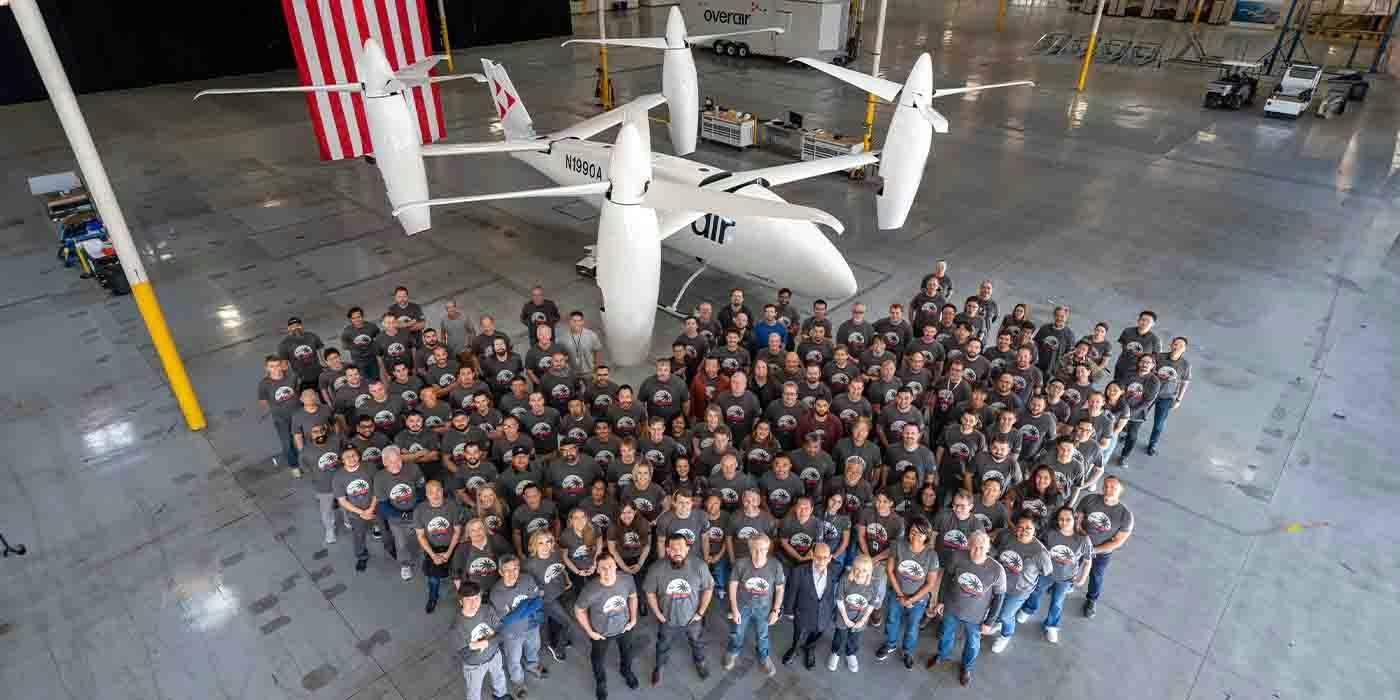
Unique mixed-propulsion eVTOL completes transition flight testing
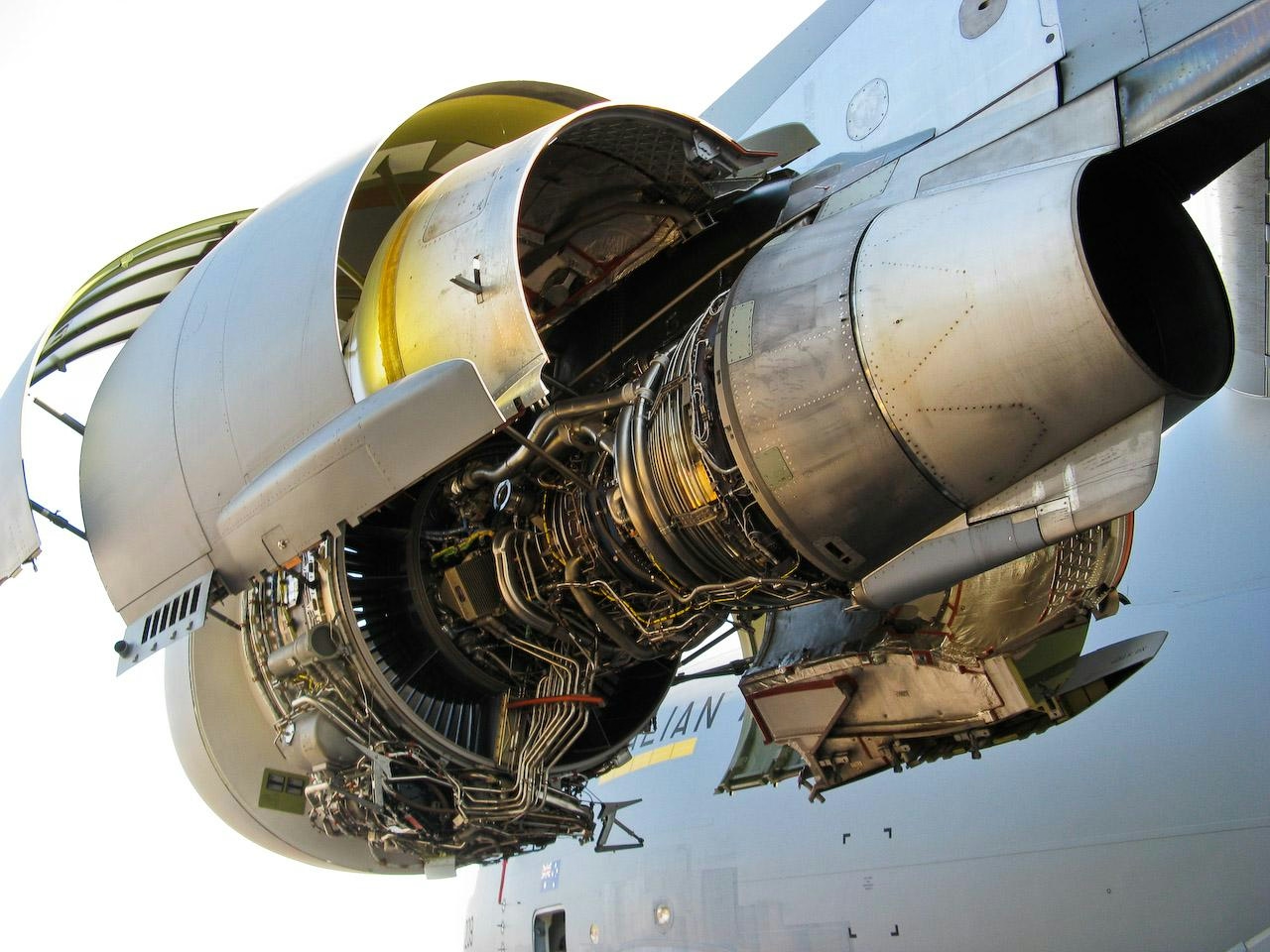
Are C-17 Globemaster Engines Derived from Boeing 757?
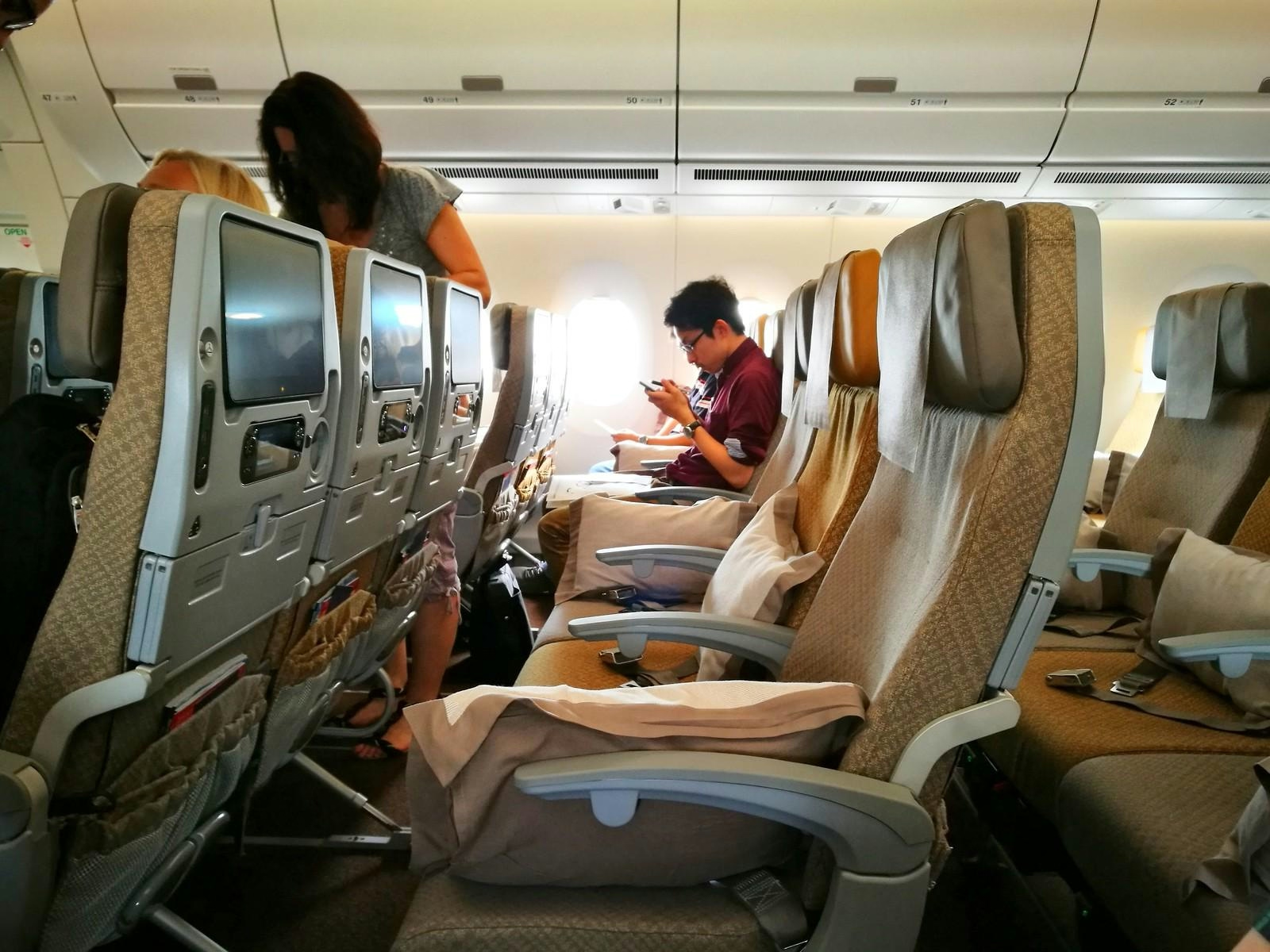
Why the Airbus A350’s Cabin Is Quieter Than Other Aircraft
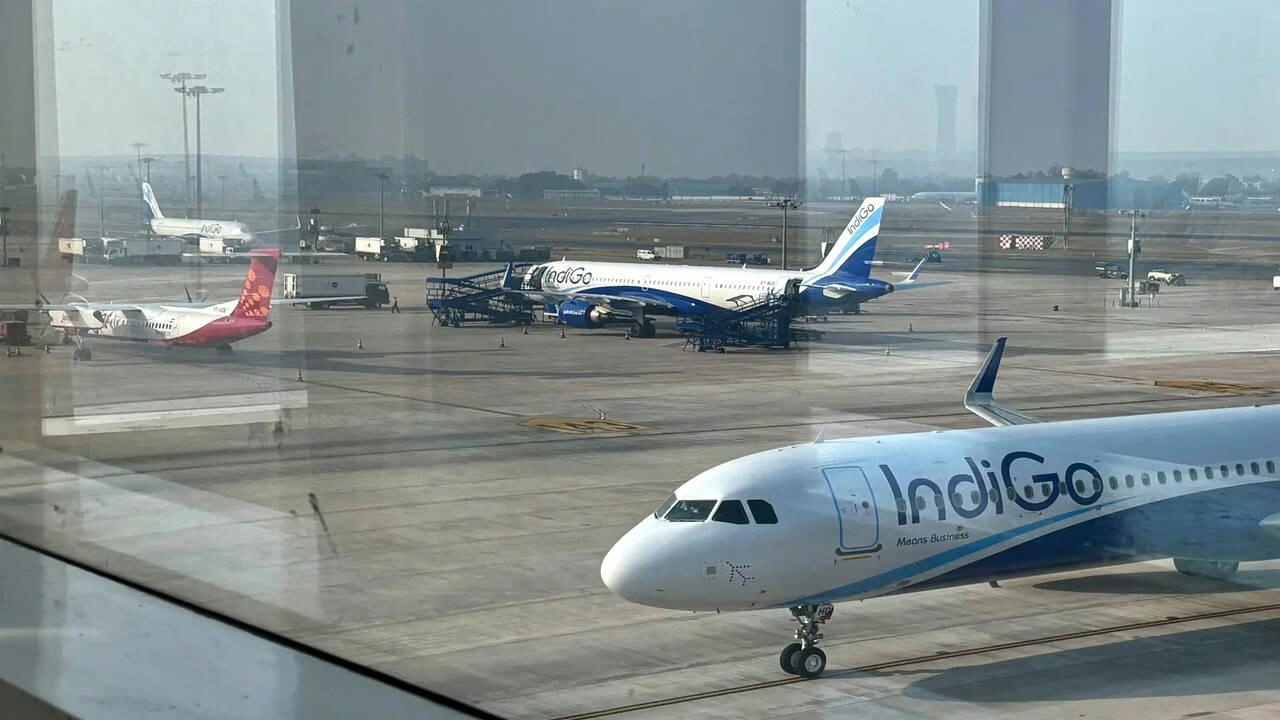
AI and AI Express Plan to Increase Capacity Amid IndiGo Flight Disruptions
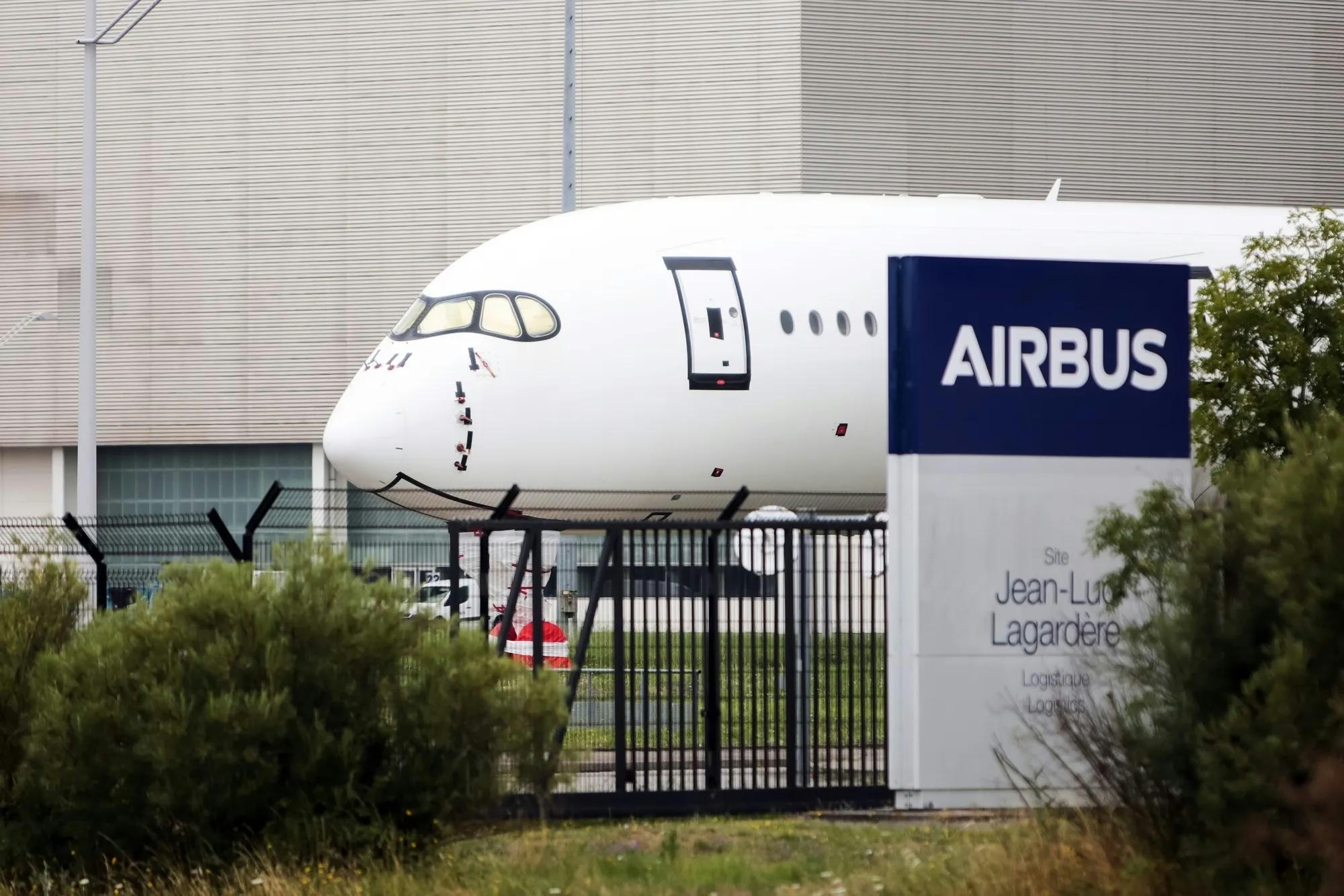
Kazakhstan and France Agree on Airbus Aircraft Deliveries
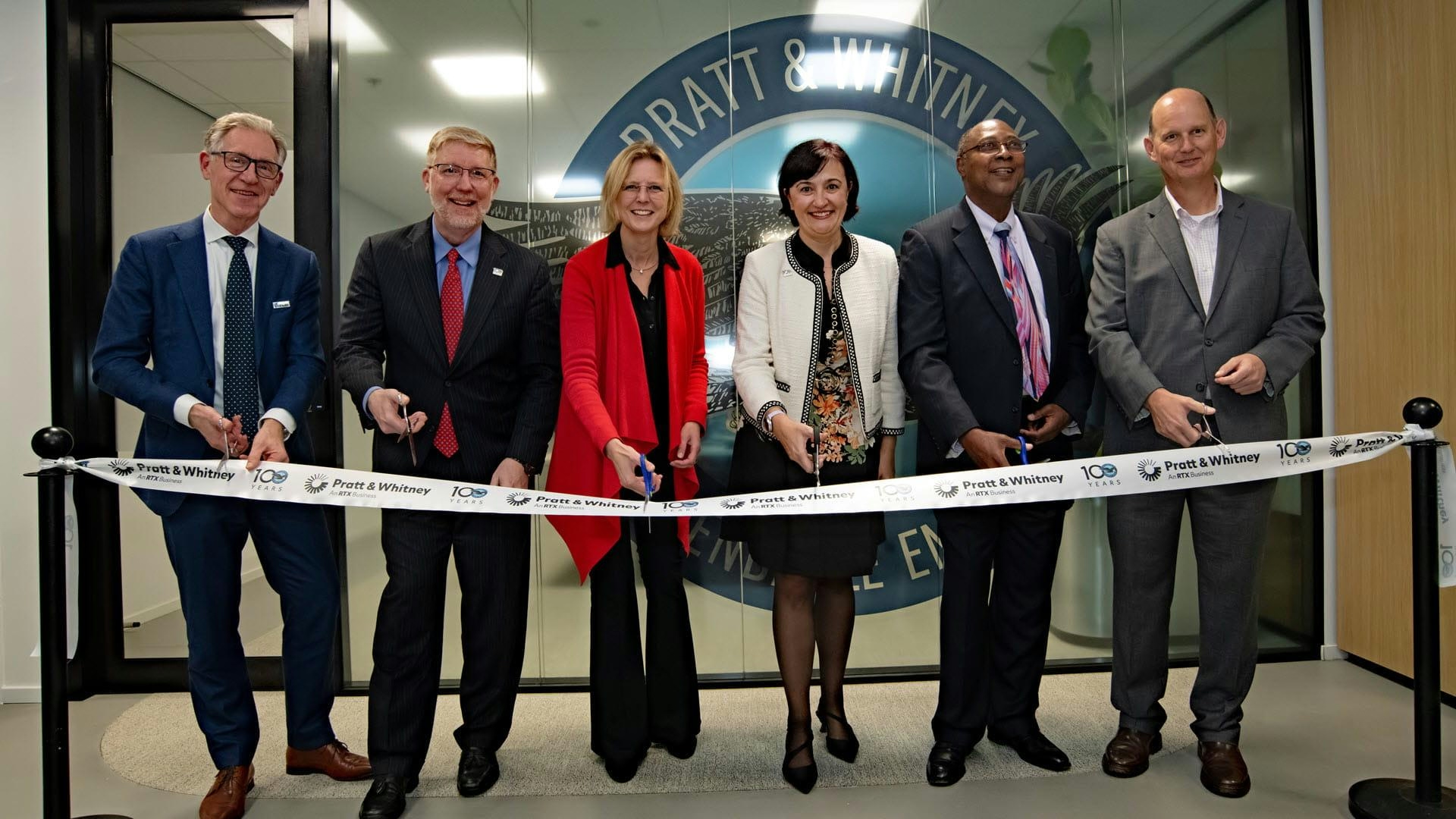
Europe’s Emerging Talent Drives Aviation Innovation
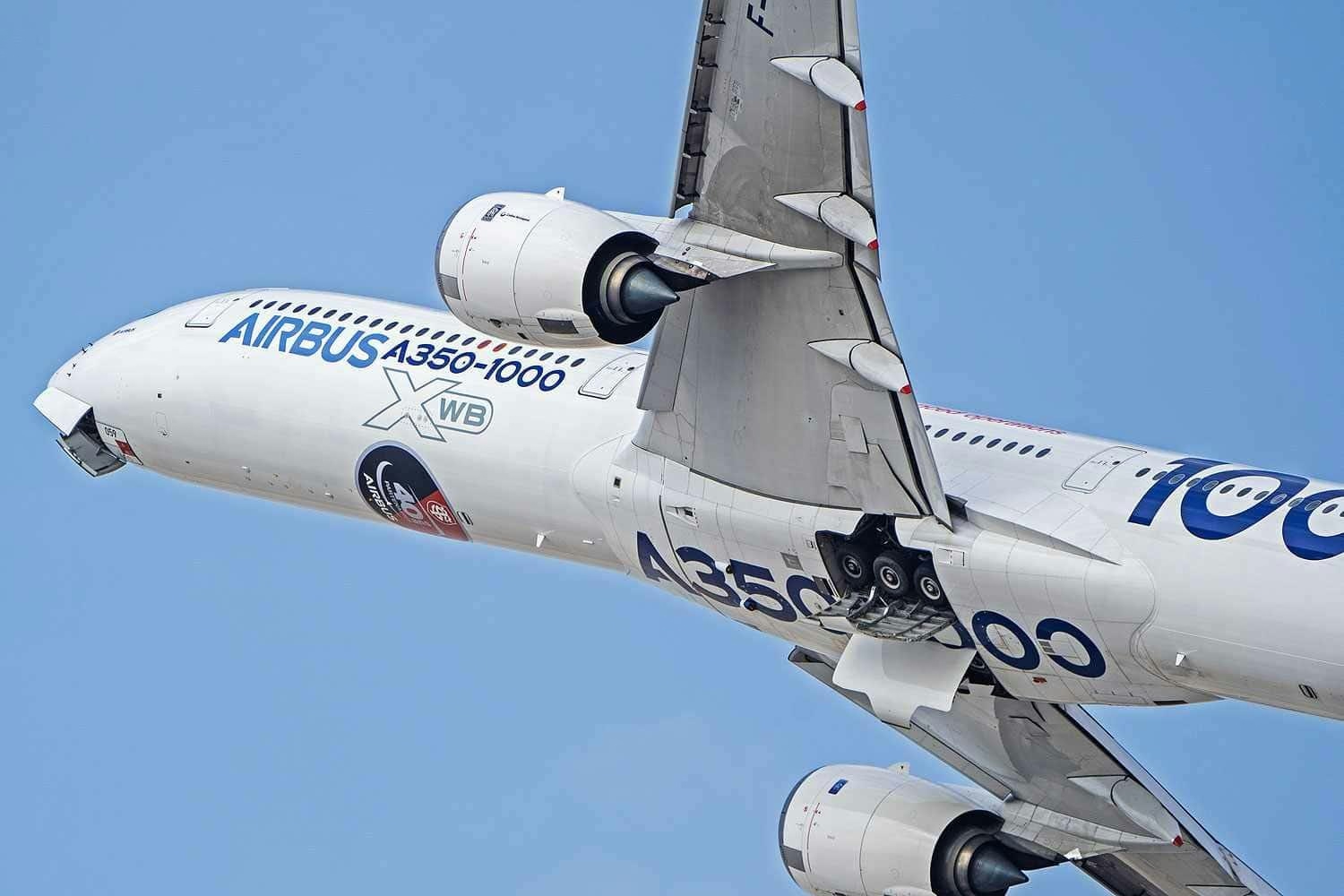
Airbus Receives New Order for A350-1000

The Leading Widebody Aircraft in Service Today
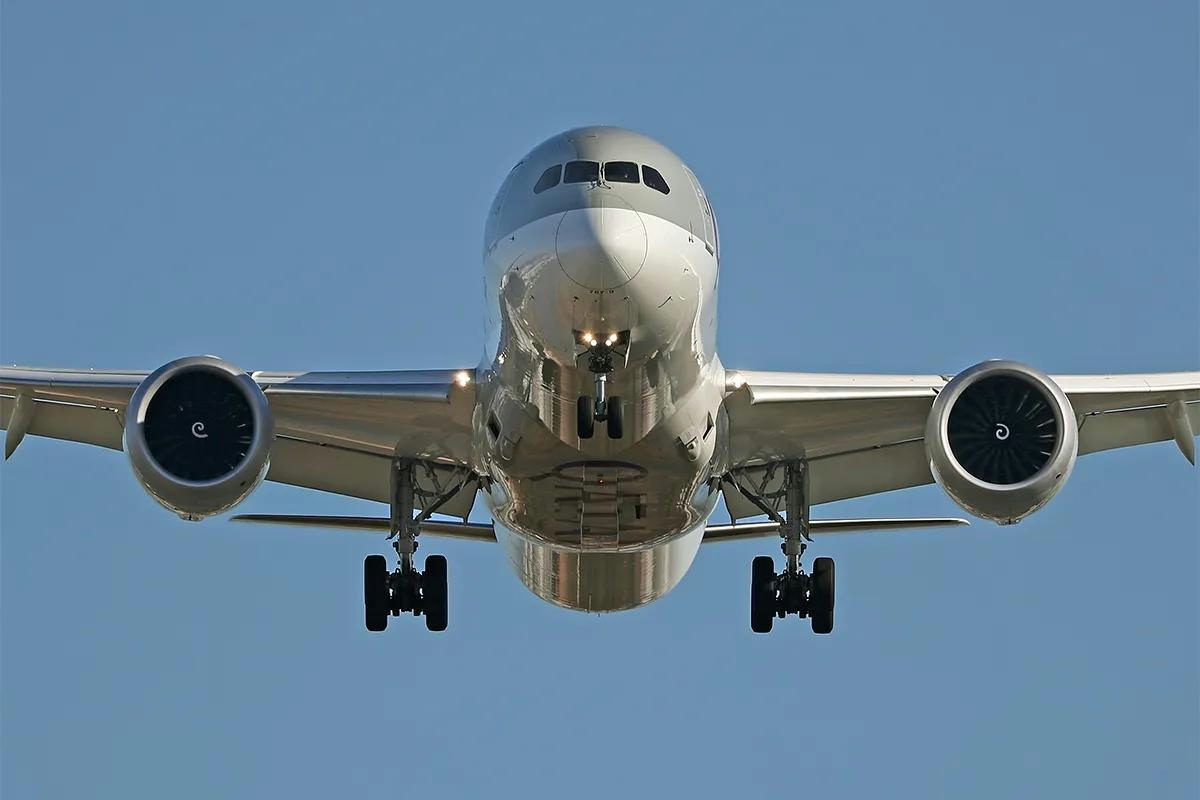
The Fastest Boeing Jet Currently in Service
